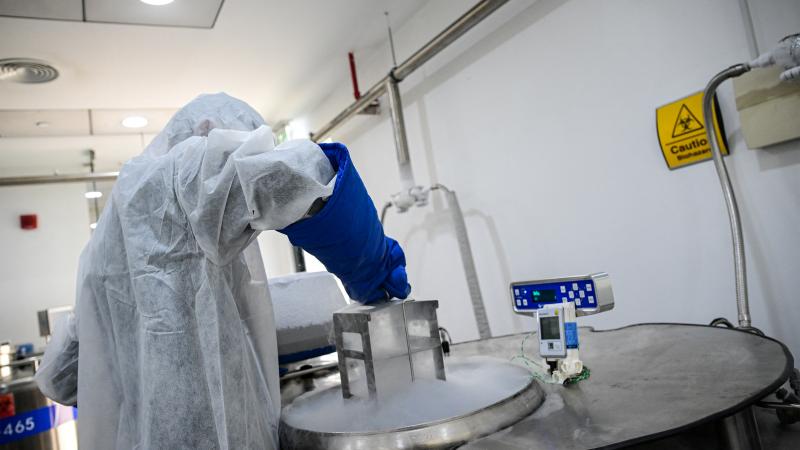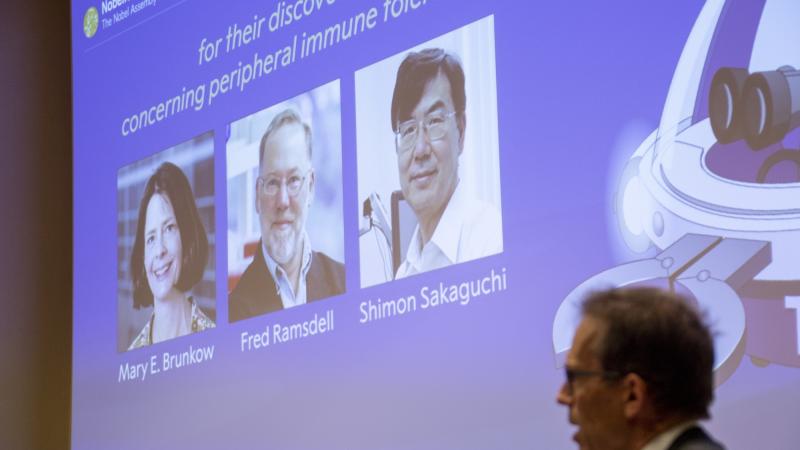NASA says new space telescope will help probe 'dark energy' abundant throughout the universe
Mysterious spacetime factor reportedly helping speed the expansion of the universe.
NASA this week announced that an upcoming space telescope will help scientists examine one of the universe's most puzzling properties: "dark energy," the reportedly abundant property that is speeding up the metric expansion of the universe itself.
The space agency in a press release said the Nancy Grace Roman Space Telescope "will see thousands of exploding stars called supernovae across vast stretches of time and space" and hopefully "shine a light on several cosmic mysteries, providing a window onto the universe's distant past and hazy present."
The telescope will allegedly "provide a new way to probe the distribution of dark matter" throughout spacetime, as well as "pin down the nature of dark energy," what NASA deems "the unexplained cosmic pressure that's speeding up the expansion of the universe."
Scientists have long observed that the universe itself appears to not only be expanding but that the expansion itself is increasing in speed over time. The Roman telescope will reportedly utilize the extremely bright lights of exploding supernova "to find out how quickly they appear to be moving away from us" as a way of measuring that expansion.
"By comparing how fast they're receding at different distances, scientists will trace cosmic expansion over time," NASA says. "This will help us understand whether and how dark energy has changed throughout the history of the universe."
Nancy Grace Roman, who died in 2018, was NASA's first female executive and the agency's chief astronomer through the 1960s and 1970s.
















